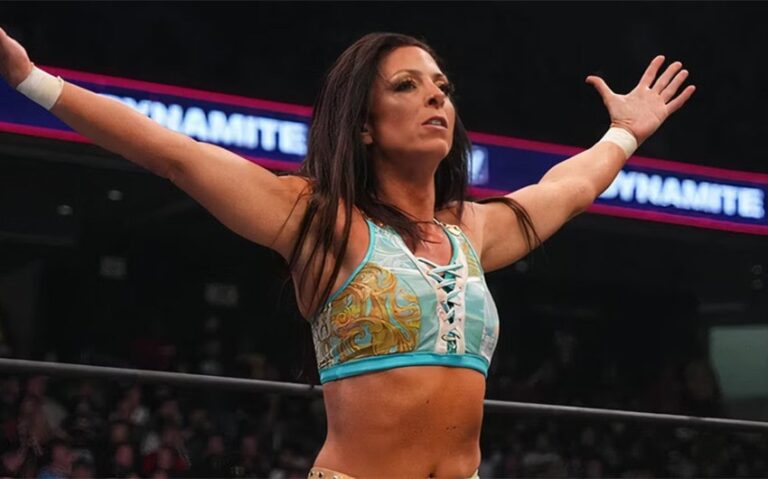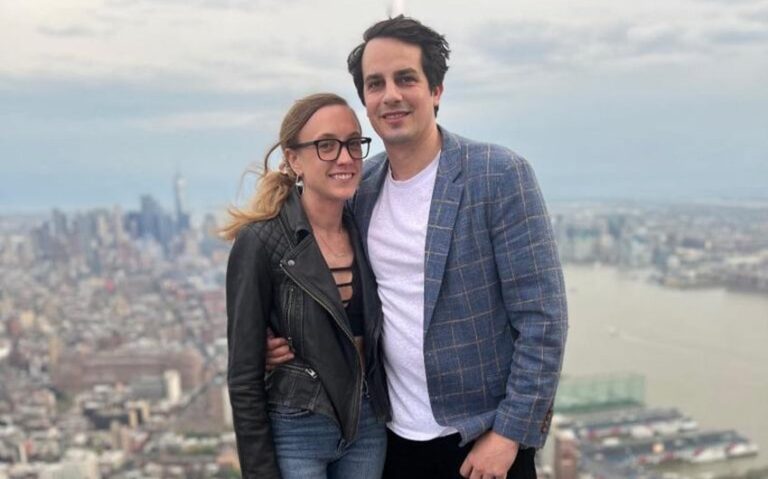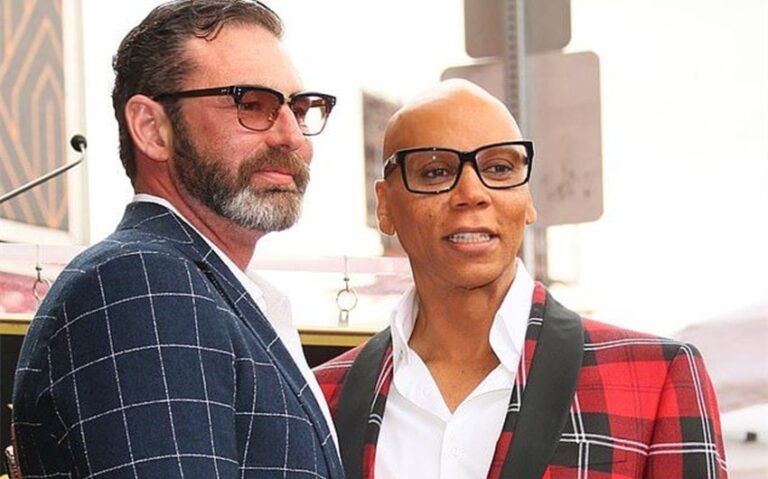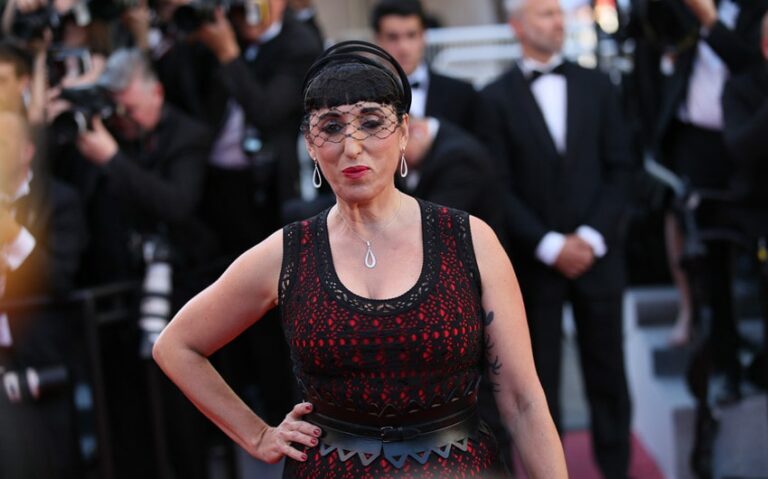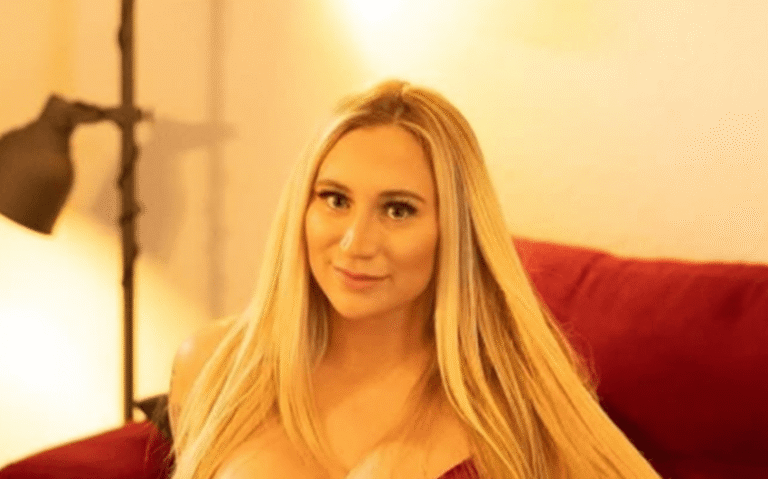Myriam Francois Turkish Husband: What We Know About Her Personal Life
One of the most frequently searched questions about the journalist and academic is about Myriam Francois’ Turkish husband, with many wondering if she is married and what role her personal life plays in her career. Myriam Francois, known for her thought-provoking journalism and documentaries, has long captured public attention for her intellect and insights into religion, identity, and social justice. While she has generally chosen to keep her personal life private, sources confirm that she was once married to a Turkish man. By early 2022, however, that marriage had ended in divorce. This revelation provides context for the ongoing curiosity while still highlighting her decision to maintain strong boundaries between her private and professional worlds.
Who Is Myriam Francois?
Myriam Francois, born Emilie Francois in 1983, grew up in London in a French and Irish Catholic family. She first appeared in the public eye as a child actress in the 1995 film Sense and Sensibility, where she played Margaret Dashwood alongside Emma Thompson and Kate Winslet. While acting launched her early career, her interests soon shifted toward academia and journalism.
After converting to Islam in her early twenties, Myriam deepened her engagement with cultural and religious issues. She studied politics at the University of Cambridge, pursued graduate studies at Georgetown University, and completed her doctorate at the University of Oxford. Her research focused on Islamic political movements, giving her a strong academic foundation that later informed her work in journalism and broadcasting.
Professionally, Francois has contributed to outlets such as The Guardian, The New Statesman, and The Huffington Post. She has also made documentaries for the BBC and Channel 4, covering topics such as radicalization, women’s rights in Muslim communities, and the refugee crisis. Her work is defined by a combination of rigorous academic analysis and accessible storytelling, making her an influential voice in discussions on identity and multiculturalism.
Was Myriam Francois Married?
Yes, Myriam Francois was married. According to publicly available records, she married a Turkish man by 2015. This detail confirms that the speculation about a Turkish husband was based on fact, not just rumor. However, by early 2022, their marriage had ended in divorce.
Francois herself has never spoken extensively about her former husband or their relationship. The information comes primarily from biographical sources, including her Wikipedia entry, which cites references confirming the marriage and subsequent divorce. Unlike some public figures who build narratives around their spouses, Francois never made her marriage a central part of her identity, choosing instead to focus on her professional work.
Why People Ask About a Turkish Husband
The phrase “Myriam Francois Turkish husband” has circulated widely online, reflecting both the reality of her past marriage and the broader curiosity surrounding her private life. Several factors contribute to this interest.
First, Francois’s conversion to Islam and her deep engagement with Muslim communities naturally led some followers to wonder about the cultural and religious background of her spouse. Learning that she was married to a Turkish man confirmed assumptions for some observers.
Second, audiences are often fascinated by the personal lives of intellectuals and journalists. Readers want to connect the dots between an author’s work and their personal experiences, sometimes assuming that the themes Francois explores—faith, identity, and cross-cultural relationships—mirror her own life.
Finally, the fact that she rarely discusses her relationships publicly creates an air of mystery. When details emerge, even simple ones like the nationality of her husband, they attract disproportionate attention.
Myriam Francois’s Approach to Privacy
Although the existence of her Turkish husband is confirmed, Francois has consistently chosen not to make her personal life the subject of public discussion. She has never shared her ex-husband’s name widely, nor has she provided details about their relationship. This approach underscores her commitment to privacy.
Her public presence is focused on her professional identity: a journalist, academic, filmmaker, and commentator. In interviews, she tends to emphasize pressing social issues such as Islamophobia, the refugee crisis, and women’s empowerment. By steering attention away from her private life, she ensures that her credibility rests on her intellectual contributions rather than on her relationships.
This decision also reflects a broader pattern among serious academics and journalists who avoid blurring the lines between personal and professional spheres. In a media culture where oversharing is often the norm, Francois’s discretion sets her apart.
Career Focus vs. Personal Curiosity
The curiosity about Myriam Francois’s Turkish husband highlights the contrast between her audience’s interests and her own priorities. While many want to know about her personal world, Francois has consistently directed attention toward her work.
Her documentaries, such as those exploring the challenges faced by Muslim women in Europe or the struggles of displaced populations, showcase her commitment to addressing global issues. Her writing, too, reflects a deep concern with justice, representation, and understanding across cultural divides. In this context, her former marriage to a Turkish man is an interesting detail, but it does not define her public persona.
For Francois, the balance is clear: her private life is hers to protect, while her professional contributions are meant for public engagement.
Privacy and Public Figures
Francois’s experience is not unique. Many public figures, particularly women, face heightened scrutiny about their marital status. In her case, the fact that she was once married to a Turkish man has generated disproportionate interest, even though it represents only one aspect of her life story.
Her decision to keep her relationships private is a reminder that public intellectuals are not obligated to share their personal lives to validate their professional insights. By maintaining her boundaries, Francois communicates that her value lies in her ideas and her storytelling, not in her marital status.


